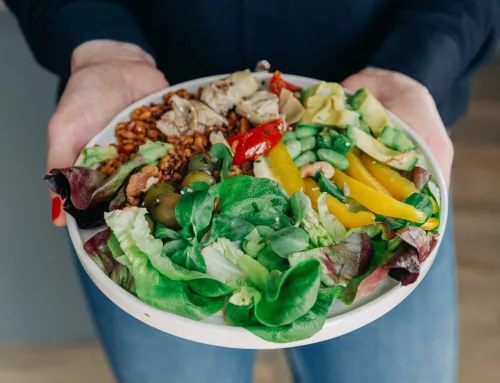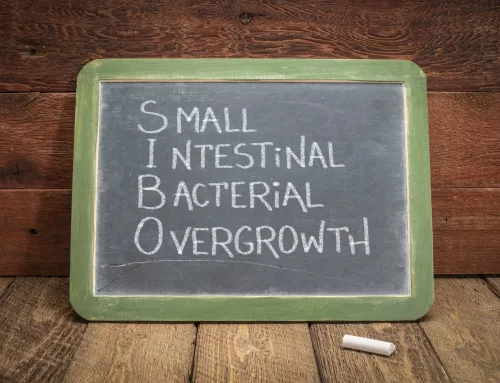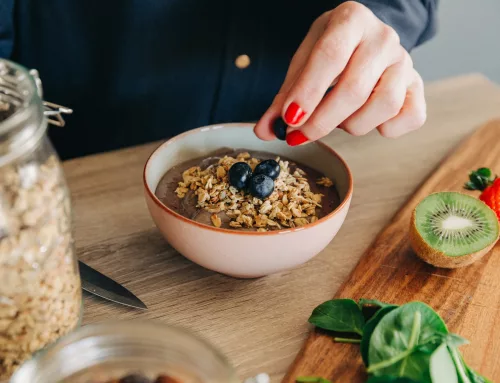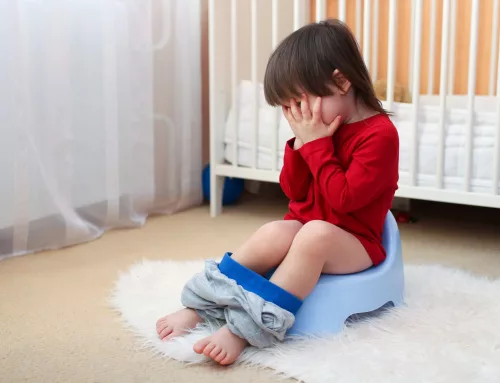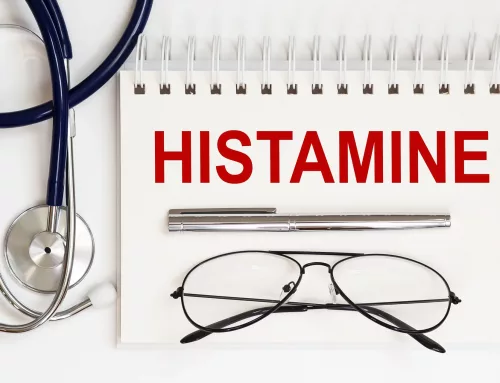Diarrhoea is defined as the passage of 3 or more watery, loose stools accompanied by an excessive loss of fluid and electrolytes, and is a common complaint.
Diarrhoea can affect most of us at one point in our lives, however, persistent diarrhoea can be a symptom of a more chronic condition such as Inflammatory bowel disease, Coeliac disease, Diverticular Disease, malabsorption or bowel cancer; and therefore if you are suffering with the any of the following “red flags” alongside diarrhoea please contact your GP: blood in stool, persistent vomiting, unintentional weight loss, painless, watery, high-volume diarrhoea and nocturnal diarrhoea. Whilst diarrhoea can present without any other symptoms, it is often associated with symptoms such as abdominal pain and bloating and is thought to affect up to one-third of people with IBS. This article discusses some self-help strategies if diarrhoea and IBS are impacting on your quality of life.
Firstly let’s consider how IBS-D/IBS-Diarrhoea is diagnosed. Initially, IBS is diagnosed using the ROME IV guidelines, and then to be considered to have IBS-D, 25% or more of your bowel movements must be type 6 or 7 on the Bristol Stool Chart, and less than 25% of the time you will experience Type 1 or 2 stools (associated with constipation).
Dietary changes
Dietary changes can help alleviate short-term symptoms. You might already be aware of your dietary triggers but common ones can include: caffeine, alcohol, spicy or fatty foods, sweeteners such as Sorbitol, Xylitol and a high fruit intake.
Fibre plays a complex role in diarrhoea, and its effects can vary depending on the type of fibre consumed and the underlying cause of the diarrhoea.
Types of Fiber include soluble and insoluble fibre. Soluble Fibre is found foods like oats, apples, and legumes, and dissolves in water to form a gel-like substance. It can help absorb excess water in the intestines, making stools firmer and overall reduce stool frequency i.e. episodes of diarrhoea.
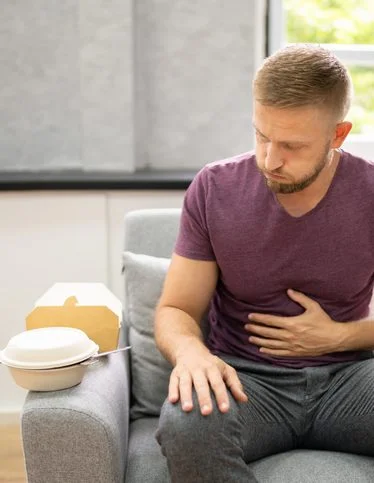
Insoluble Fibre is found in whole grains such as wheat bran, nuts, and vegetables, and insoluble fibre adds bulk to the stool and helps food move through the digestive tract. Therefore you might find a high intake of insoluble fibre exacerbate diarrhoea by speeding up transit time. Therefore whilst you are suffering with loose stools it would be beneficial to reduce your overall fibre intake, especially insoluble fibre.
A second line approach is a low fodmap diet which is a short term restrictive diet that should not be followed for more than 8 weeks. This should always be done with the support of a fodmap trained dietitian.
Nicotine is also known to stimulate gut function and therefore cutting down on Nicotine will certainly help your symptoms
Diarrhoea can quickly cause dehydration and therefore ensure you are drinking adequate fluids (aiming for between 1.5-3 litres daily), and you might want to include some oral rehydration solutions.
Medication
When dealing with IBS and loose stools, there are a variety of treatment options available. You can purchase over-the-counter medications, or consult your GP for a prescription. Always consult with a healthcare professional before starting any medication, especially in young children, pregnant women, or individuals with other health conditions.
It’s important to ensure that other causes of diarrhoea have been ruled out before assuming it is diarrhoea-predominant IBS. Understanding the cause of diarrhoea is crucial because different medications are available depending on the specific cause. Treatment options usually involve regulating gastrointestinal movement and increasing fluid absorption in the intestines

Examples of medications that can help alleviate IBS and diarrhoea symptoms include:
- Peppermint oil, found in products like Peptac and Colpermin, has been found to effectively address overall IBS symptoms, including diarrhea, stomach cramps, and bloating.
- Anti-spasmodic medications such as Buscopan or Mebeverine can reduce muscle cramps associated with IBS.
- Anti-diarrheal medications. Imodium is an over-the-counter medication that helps slow down bowel movements and can be effective in reducing the frequency of loose stools
- Antidepressants have been shown to relieve depression and also demonstrate effectiveness in reducing abdominal pain related to IBS.
- Certain strains of probiotics have been proven to be beneficial in improving IBS symptoms, including diarrhoea.
Support
For further reading around IBS check out this article: Do I have Irritable Bowel Syndrome? How can I get it diagnosed?
If you would like further guidance and support on managing your IBS get in touch with me online or call on 07881 805770
